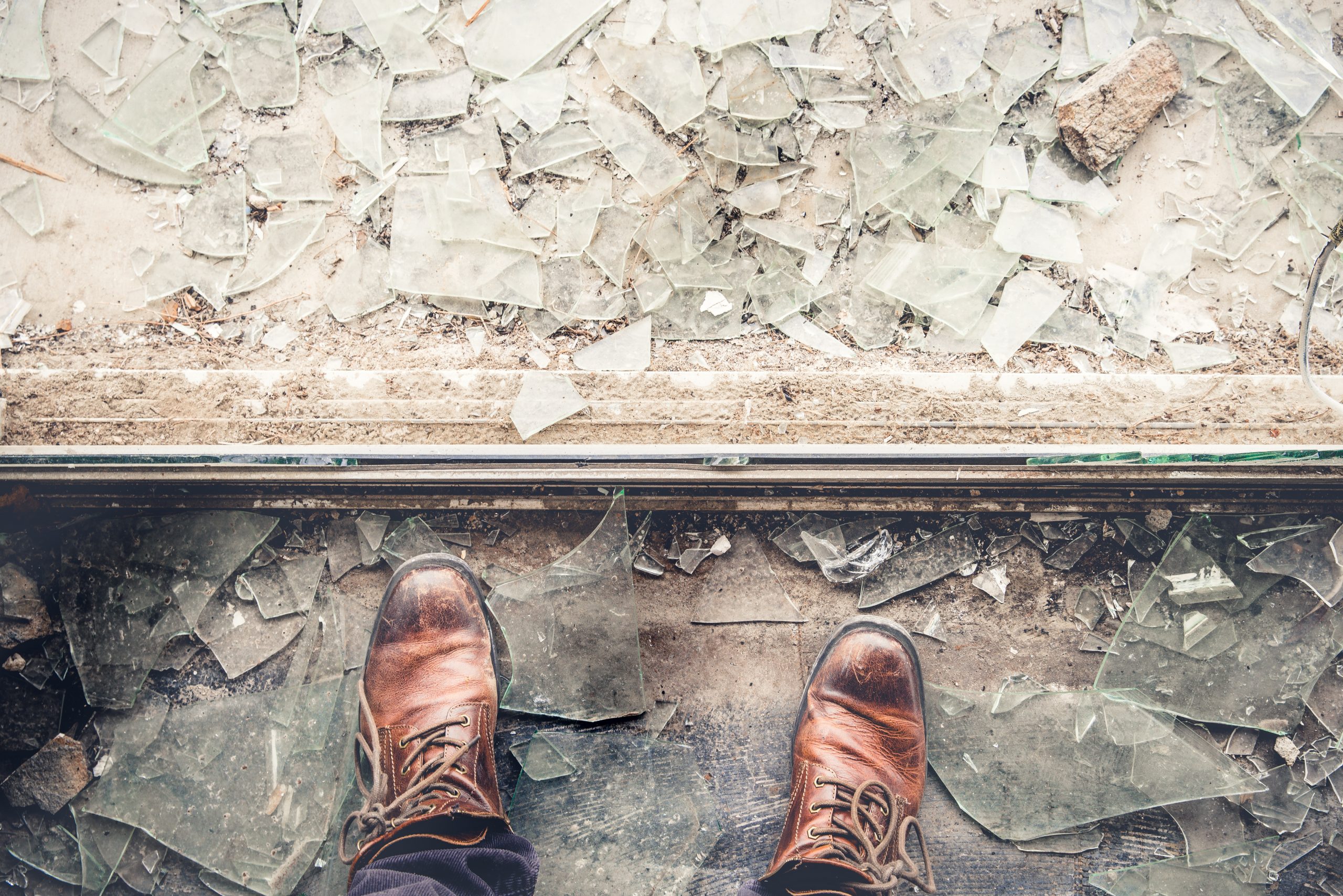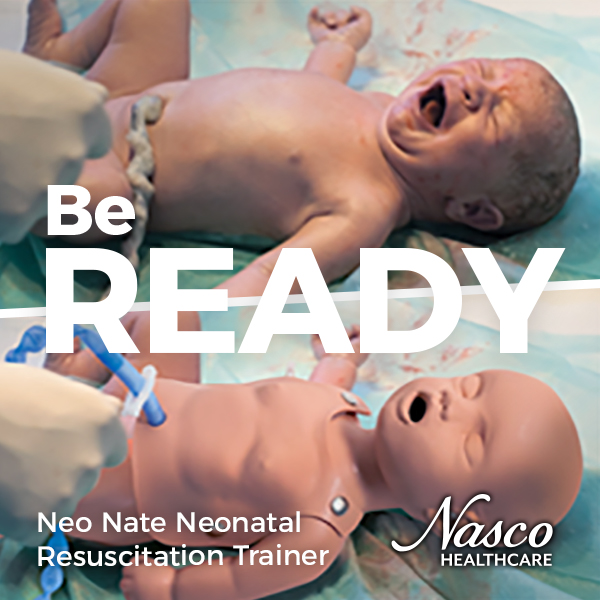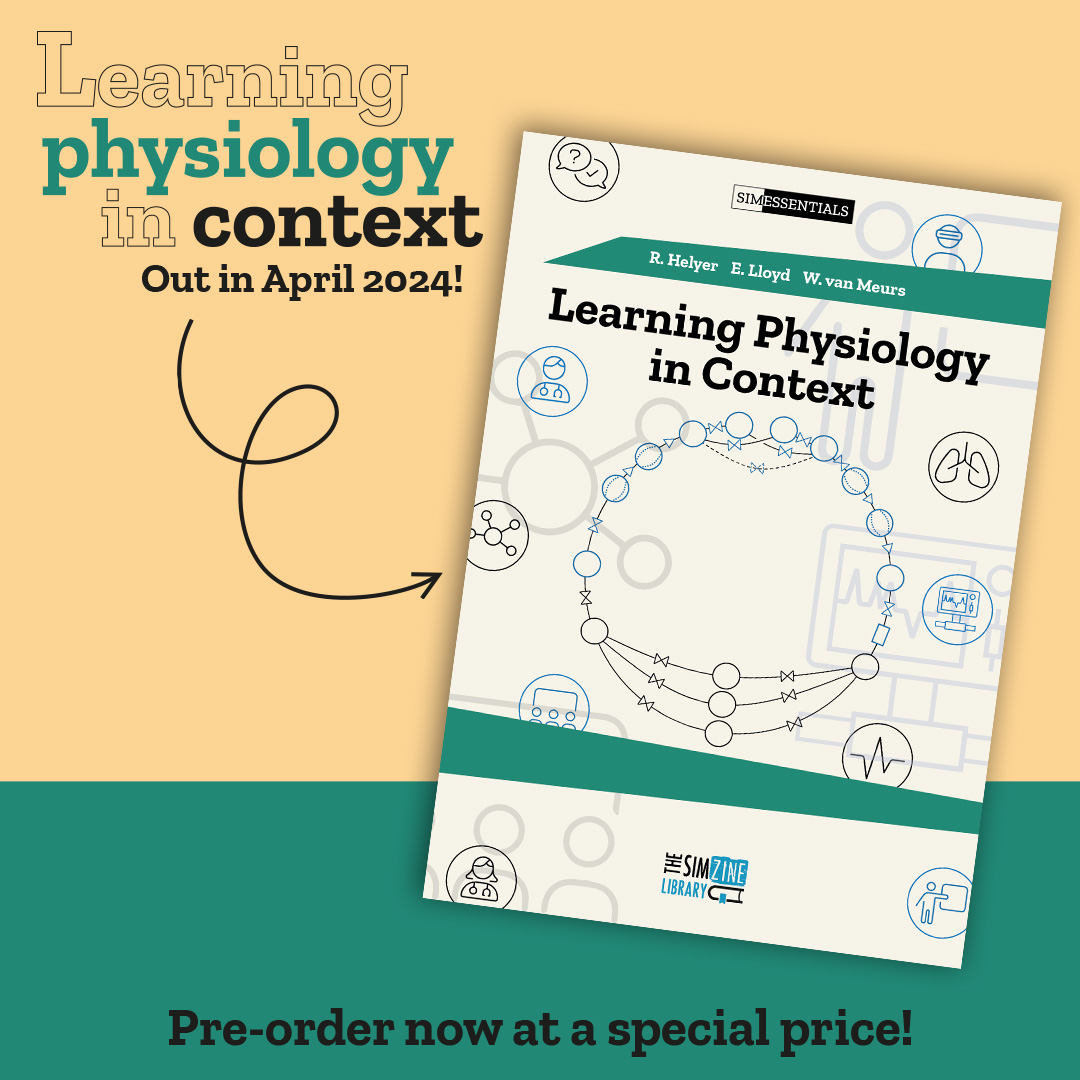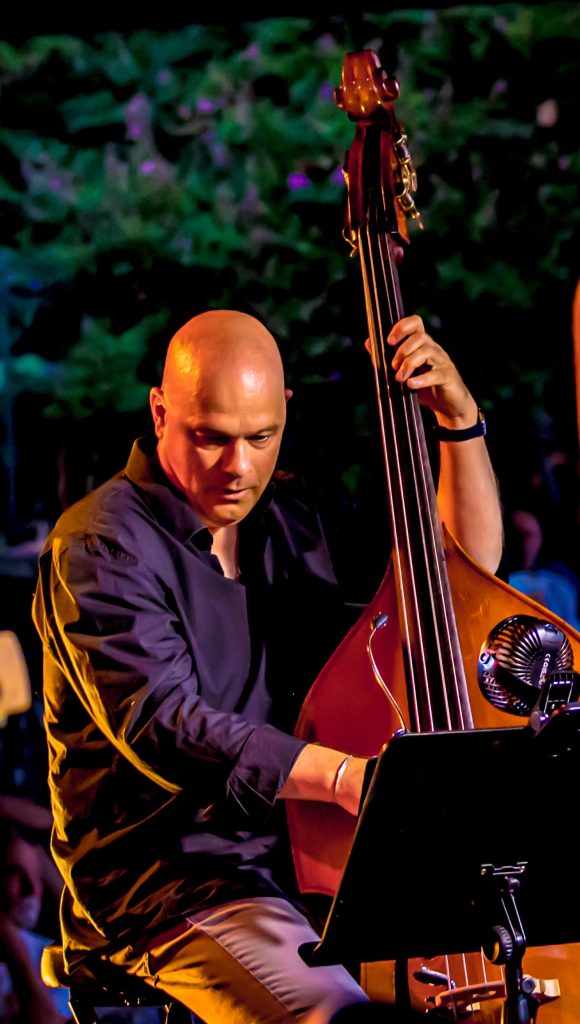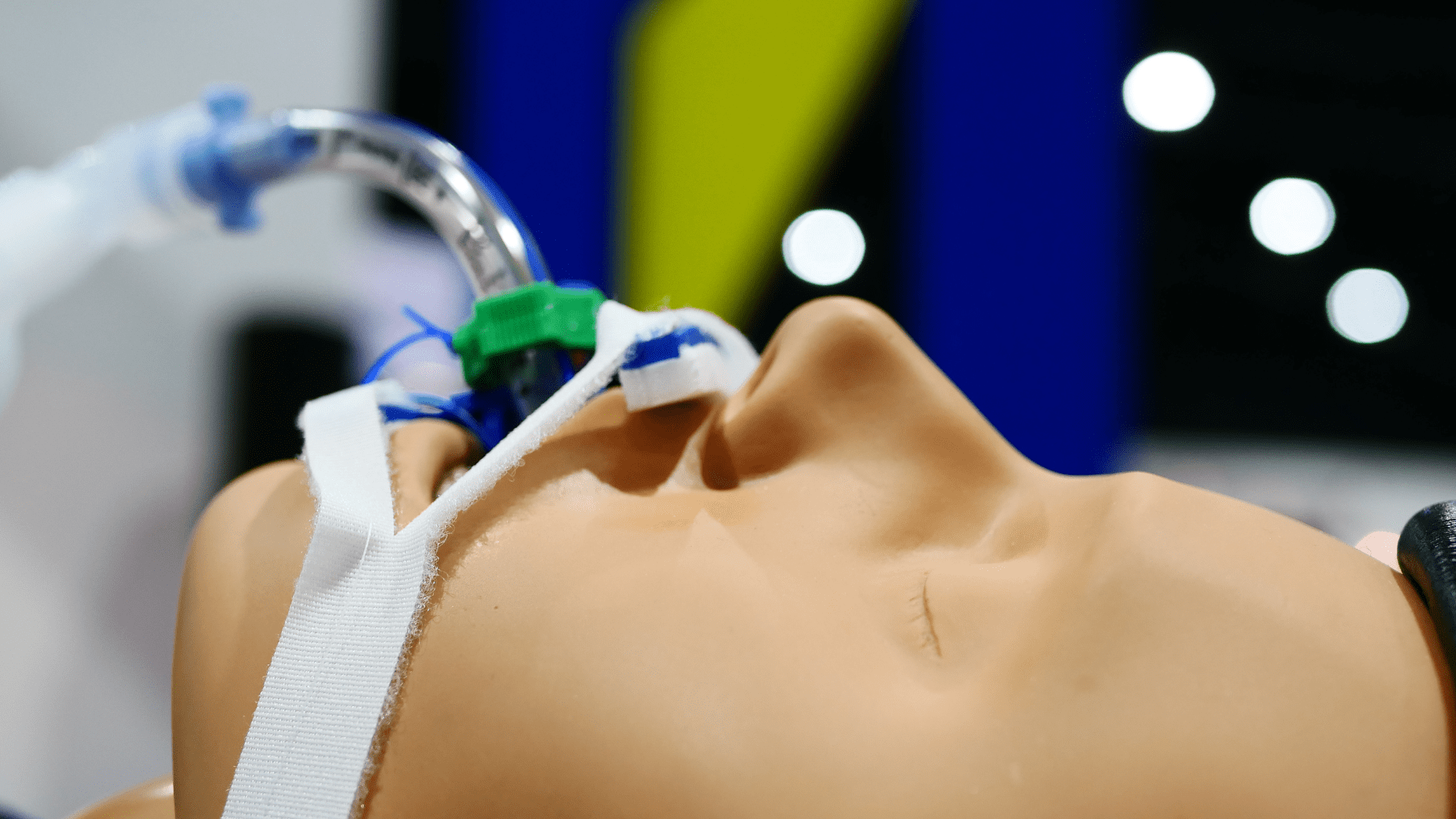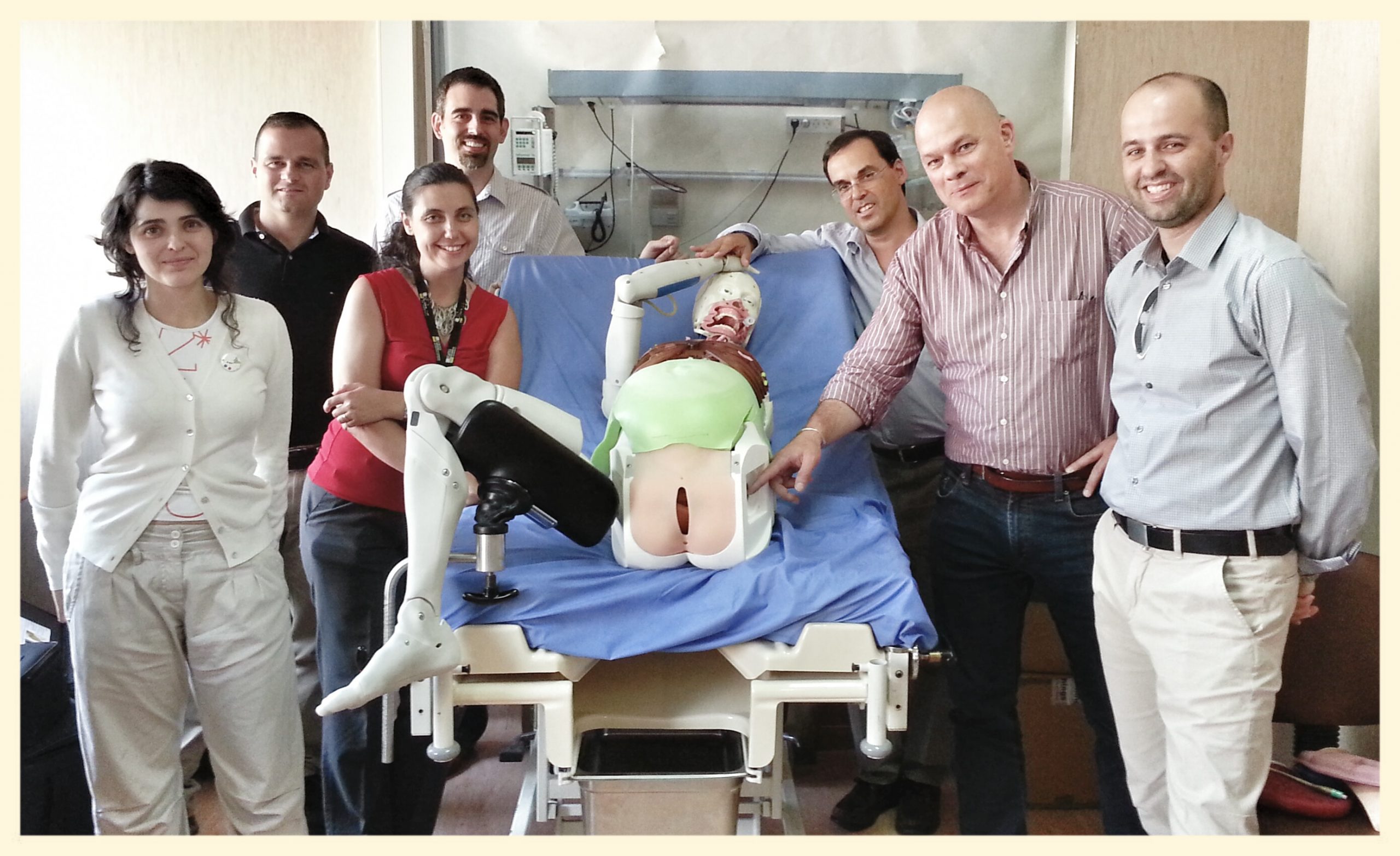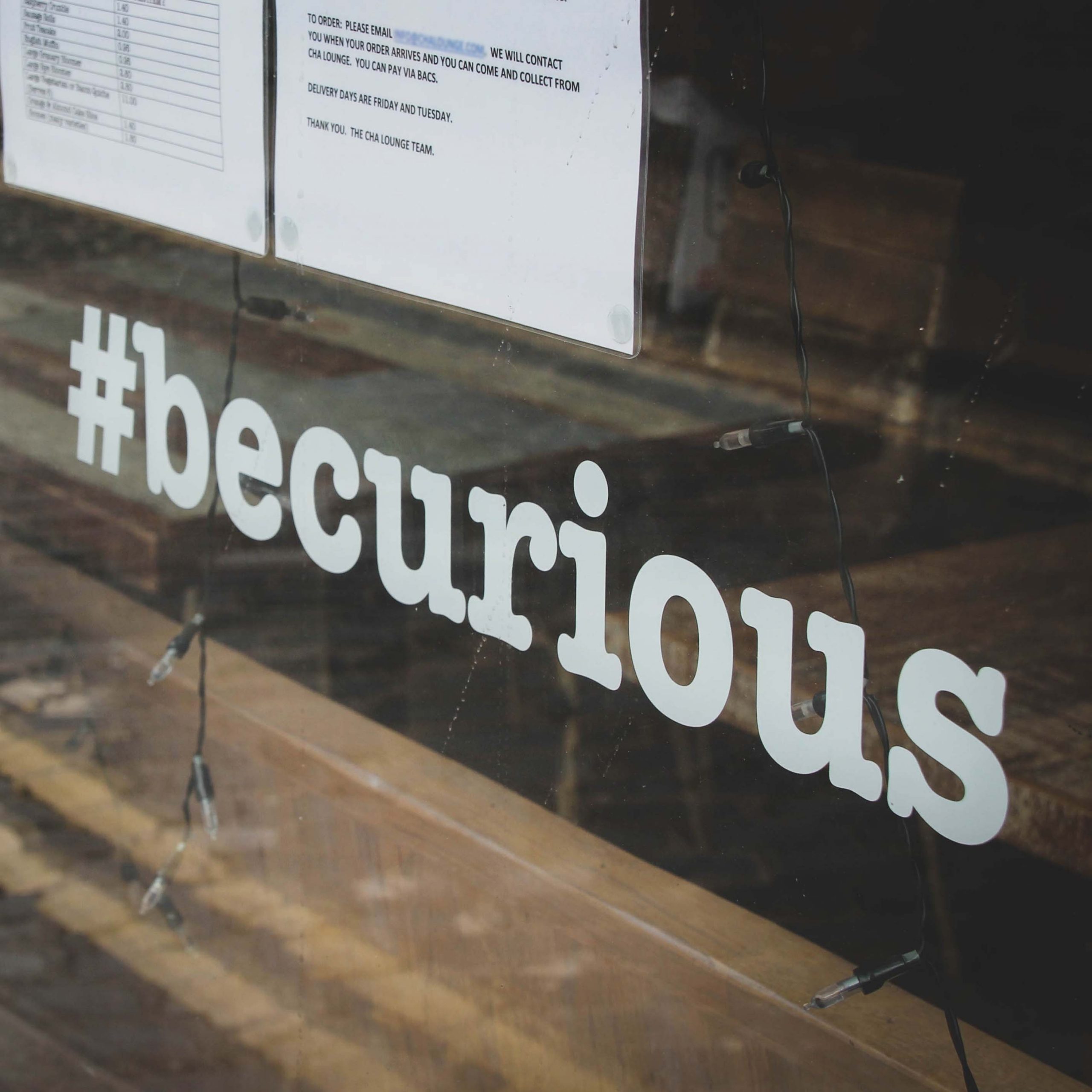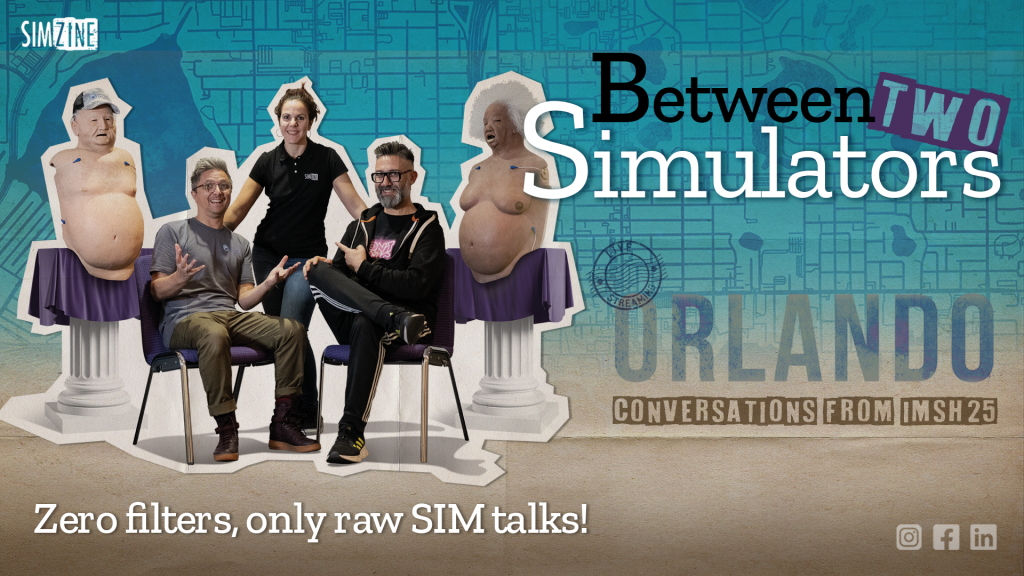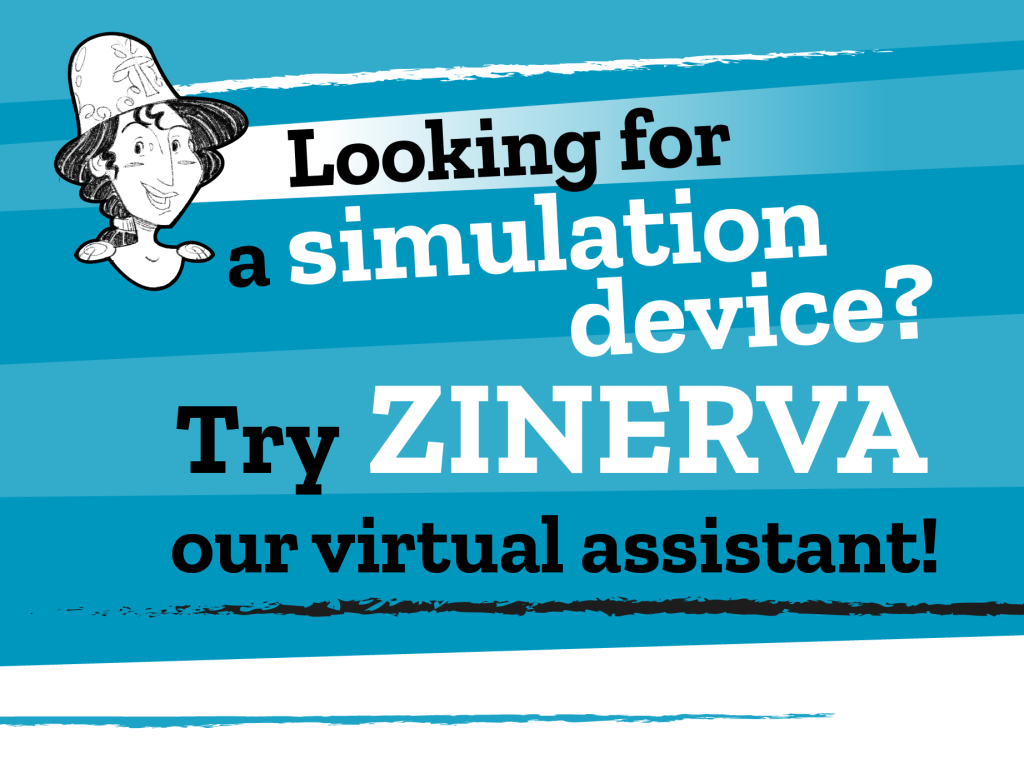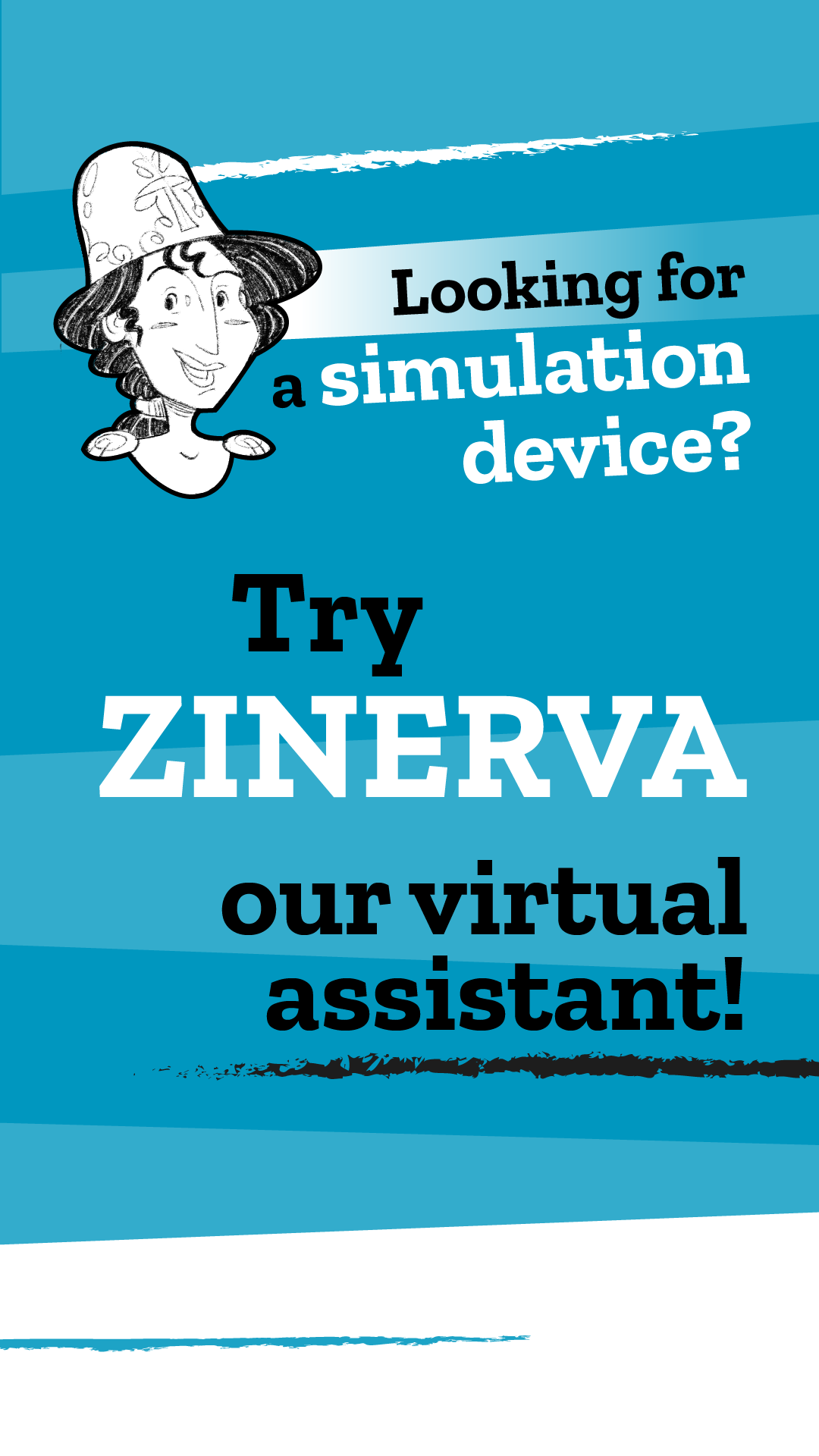A study dedicated to the culture of error to learn to welcome it positively and turn it into a real opportunity for growth
We all agree with the saying “learn from your mistakes”. However, our relationship with mistakes is often characterized by shame and guilt for our mistakes, as well as anger and judgment for those of others. We recognize the inevitability of errors, but when they appear we are so reluctant to admit and accept them, and we are rarely able to appreciate them.
Based on these considerations, the Lugano Professional Social and Health Center has wanted to organize a series of training and educational events dedicated to the culture of error. The objective is to take the opportunity to reflect on this apparent contradiction, so widespread among humans, that prevents us from considering error as a valuable starting point for learning.
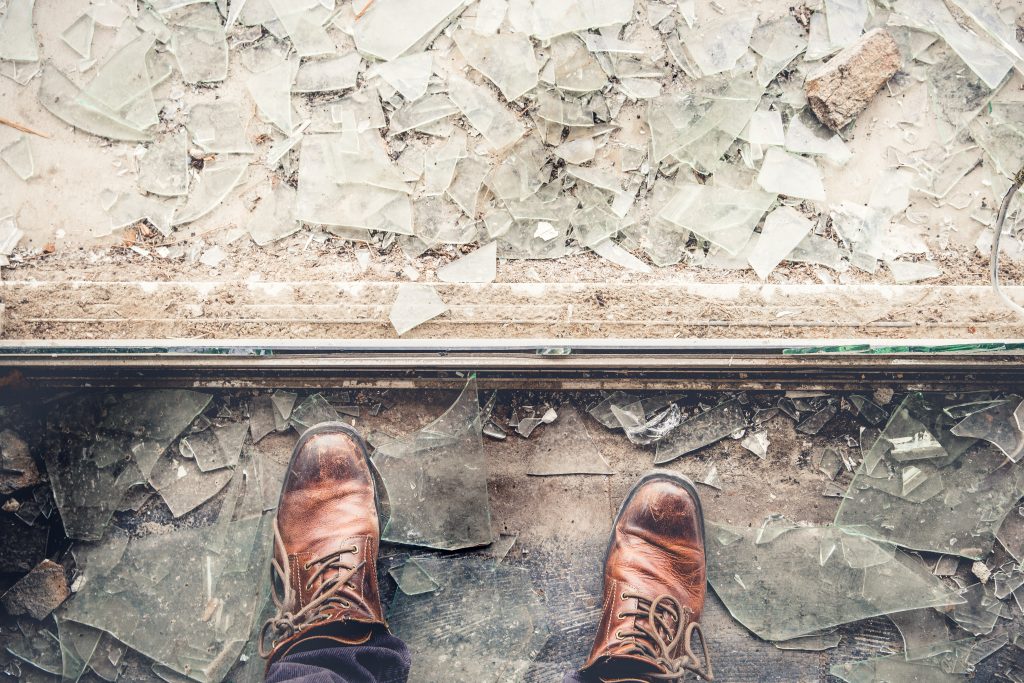
The topic had been challenging us for a long time, especially whenever we found ourselves discussing the causes of our students’ failures, were surprised by our hasty tendency to make judgments that stigmatize the behavior of certain colleagues, or were angry about our poor choices or missed opportunities.
The first conference of the study has just been held, dedicated to Defects, disorders, blunders and other qualities of our brain, during which Giovanni Pellegri (Doctor in neurobiology, professor at the University of Italian Switzerland and head of L’ideatorio) has illustrated how, in fact, we are made to make mistakes and made us understand that imperfection is not only part of our being and our lives, but was even fundamental to our evolution. In his interesting exposition, he led us to discover the advantages of incompleteness and invited us to ask ourselves if we should not even reconsider the definition of normality.
The next meetings, in which you can participate in person (previous online registration) or follow remotely via streaming, will deal with making mistakes in music, the issue of guilt, the consequences of personal mistakes and how you can learn from errors with special attention to the use of the analog of reality, that is, the simulation.
The hope, with this study, is to be able to positively welcome the mistake to turn it into a real opportunity for growth. At the same time, we hope to be able to promote a benevolent and understanding view of the mistakes that, here and there, we and others will continue to make.
More info on the study:
https://www.cpslugano.ch/rassegna-sulla-cultura-ellerrore-e-cosi-sbagliato-sbagliare/



